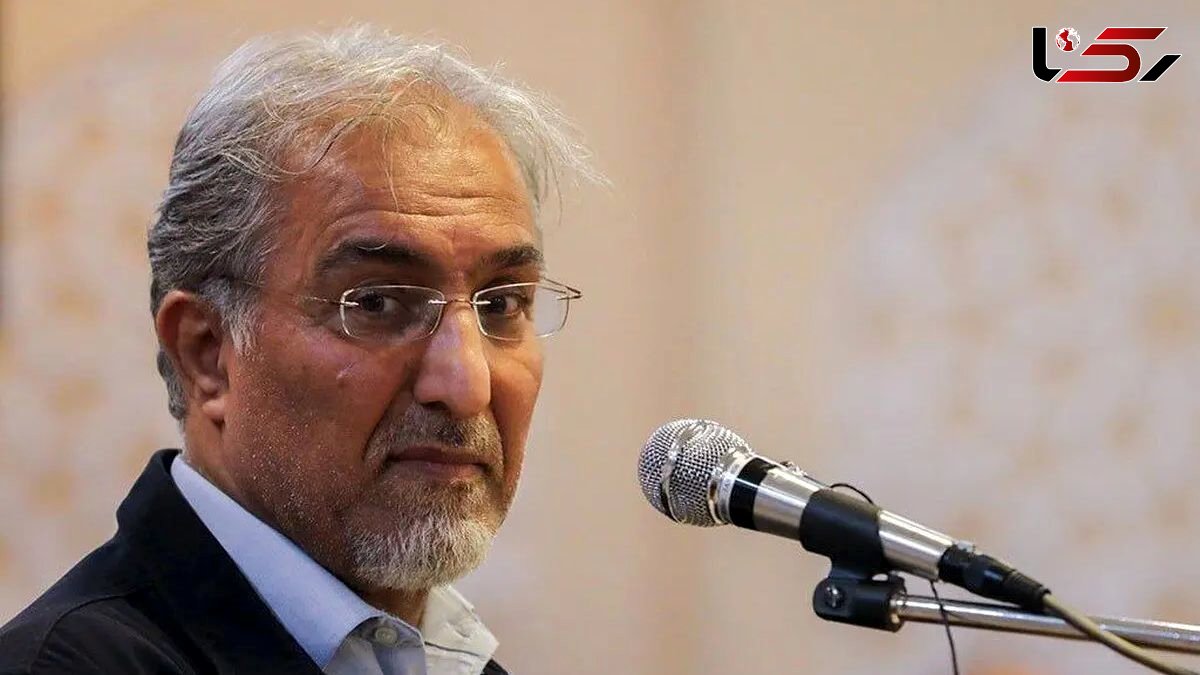Raghfar: FATF’s Role in Foreign Pressure and the Financial Future of Iran
Rokna Political Desk: Hossein Raghfar, in a recent article, highlighted global financial institutions such as the Financial Action Task Force (FATF) as instruments of political pressure used by powerful countries. He asserted that Iran’s non-membership in FATF has led to financial isolation and severe limitations in cooperation between Iranian banks and international financial institutions.

Raghfar wrote that in today’s global financial system, economic justice has faded more than ever, replaced by power and political interests. In such a framework, institutions like FATF and the Palermo Convention, ostensibly created to combat money laundering and terrorist financing, have effectively become tools to control and exert pressure on independent countries.
He added, FATF reflects an unjust global order, in which countries like the United States and the United Kingdom—historically among the largest centers of money laundering—now assume the role of financial overseers. He noted that the U.S., since the 1950s, established financial havens, while the U.K., through banks such as HSBC, provided formal channels for laundering illicit funds. Even Israel plays a significant role in this network as a hub for the circulation of illicit money.
Despite this history, Western countries now selectively accuse nations such as Iran, Russia, and China of non-transparency. Raghfar sees this as a manifestation of structural injustice within the global financial system, compelling countries outside Western interests to align their banking systems with the dictates of major powers. In Iran, debates over FATF, Palermo Convention, and CFT bills have been extensive. From Raghfar’s perspective, the West’s primary concern is not transparency but access to the financial information of key Iranian institutions. This concern is not unfounded, as full compliance with FATF could reveal methods for circumventing sanctions and intensify economic pressure.
However, Iran’s non-membership in FATF carries significant consequences. Many international banks and financial institutions refuse to engage with Iran, forcing economic actors to rely on informal and costly channels for international transactions, which ultimately raises commodity prices and increases pressure on citizens’ livelihoods. If sanctions are ever eased, managed cooperation with FATF could reduce some costs of foreign trade. But under current intensified sanctions, such cooperation offers limited benefit.
Raghfar emphasizes that FATF is less a technical body and more a component of Western geopolitical pressure, aimed at increasing the costs of political independence for countries like Iran, Russia, and China. Thus, joining or rejecting FATF alone does not solve Iran’s economic challenges. The core issue lies in the structural distrust of the global financial system toward Iran and the persistence of sanctions.
He advocates for the development of domestic mechanisms to combat money laundering—systems that both protect sensitive information and enhance global trust. As long as the global financial system remains dominated by a few major powers, no FATF-like institution can be truly equitable. Countries that serve as primary hubs for money laundering cannot legitimately judge the financial transparency of others. Therefore, for Iran, FATF represents not merely an economic decision but a political test, balancing financial independence with the mitigation of external pressures.
Send Comments